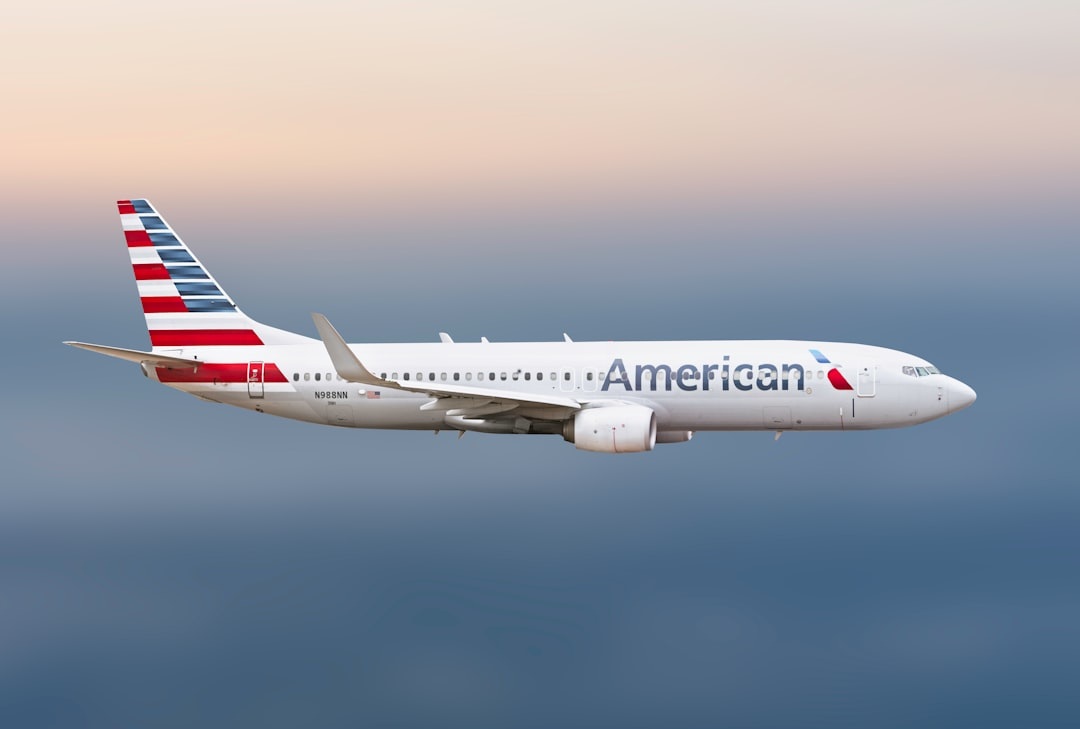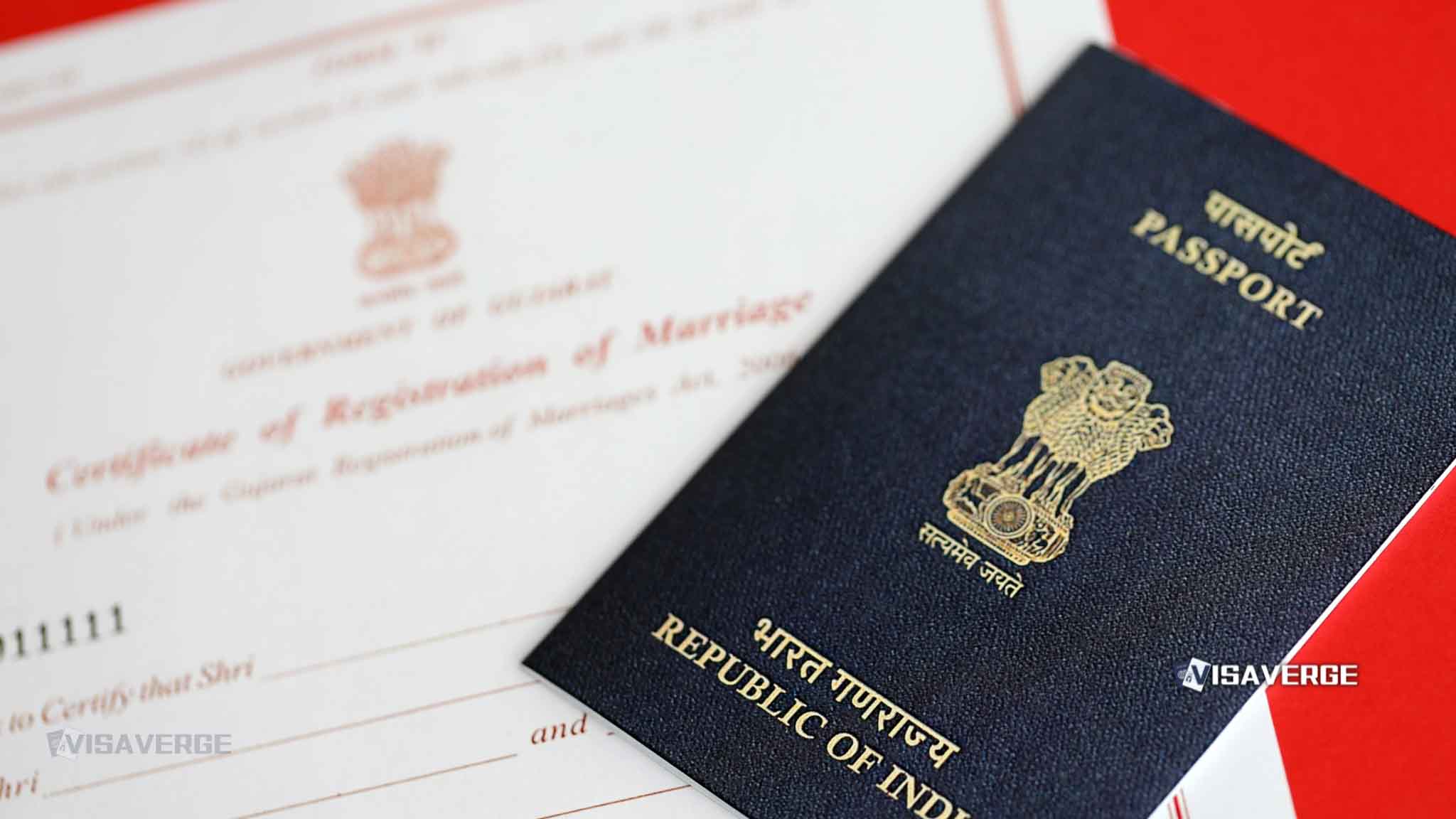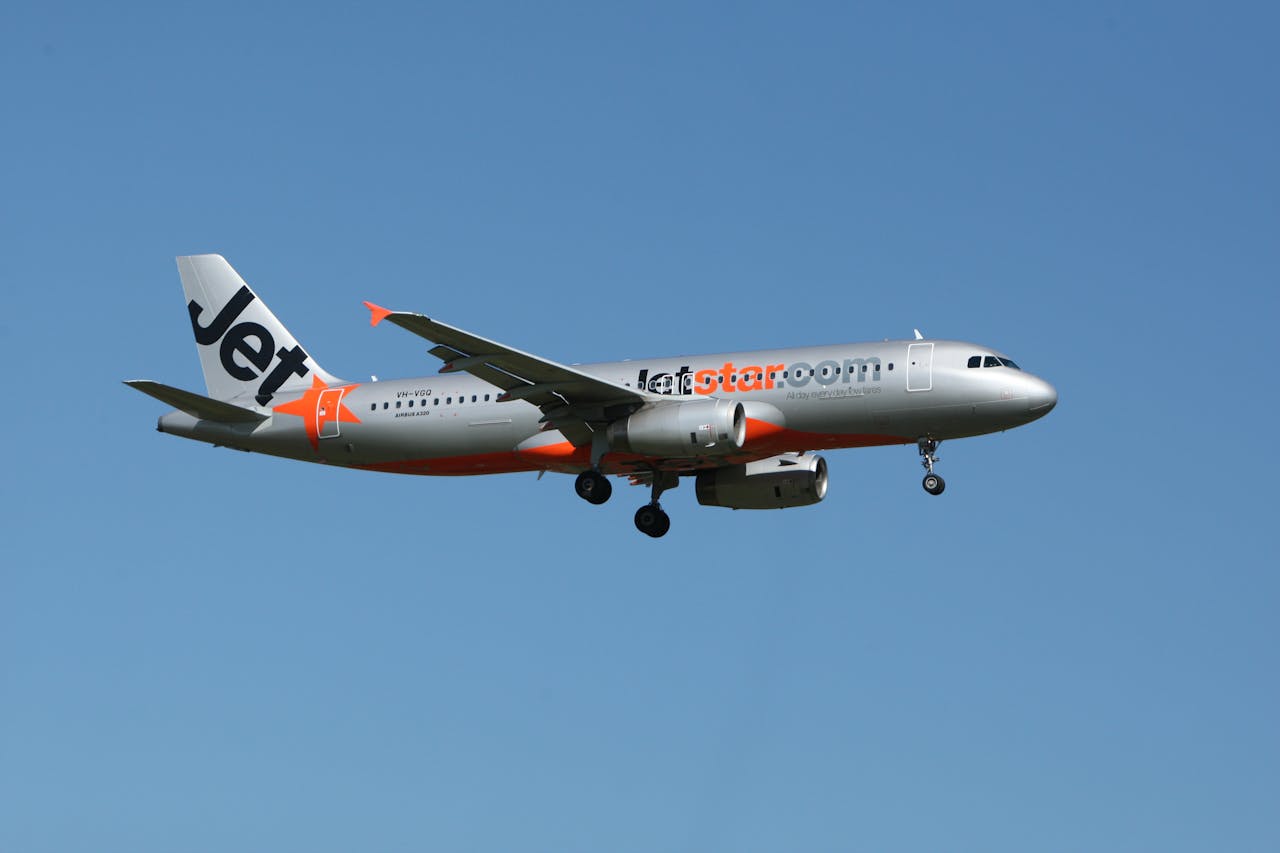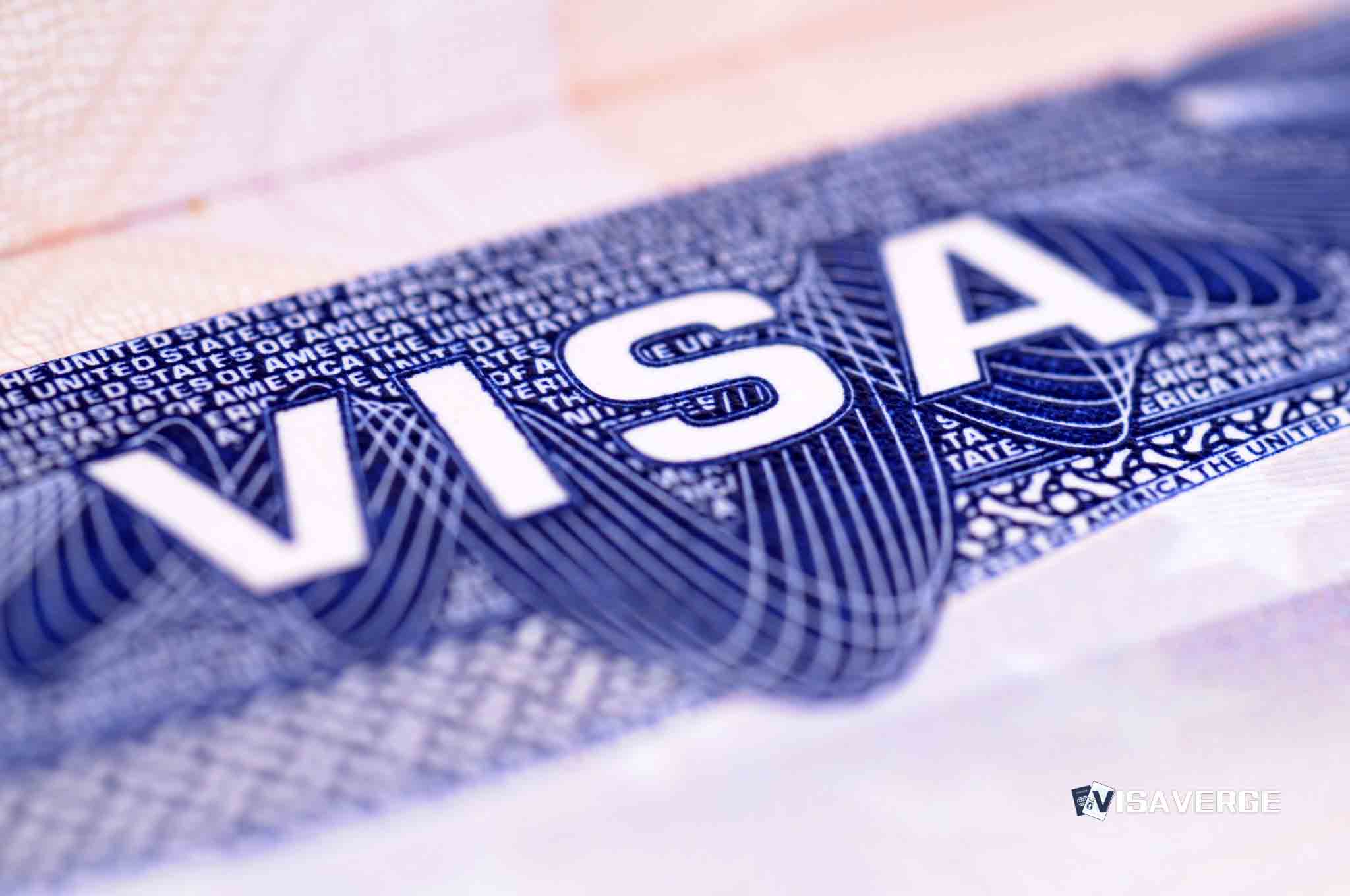(NEW YORK, NY / TEL AVIV, ISRAEL) American Airlines will restart daily non-stop service on the New York–Tel Aviv route on March 28, 2026, ending a two-year pause that began after the October 2023 Gaza war. The airline’s return connects John F. Kennedy International Airport (JFK) and Tel Aviv’s Ben Gurion Airport (TLV) with an overnight eastbound flight and a pre-dawn westbound departure. Tickets are expected to go on sale on October 27, 2025, giving travelers, families, and companies months to plan trips for spring and summer 2026.
American will operate the flights with a Boeing 777-200ER, featuring 37 Business Class seats and 212 Economy seats. The airline will assign the outbound flight number AA-18, a nod to the number 18’s meaning of “life” in Hebrew. The first flight from New York to Israel departs on March 28, 2026; the first return from Tel Aviv to New York begins on March 31, 2026.

Schedule and aircraft
The planned daily schedule aligns with business and family travel patterns:
- JFK → TLV: Departs 11:25 p.m., arrives 5:00 p.m. next day
- TLV → JFK: Departs 12:35 a.m., arrives 5:25 a.m. same day
Aircraft configuration:
- Boeing 777-200ER
- 37 Business Class (lie-flat seats)
- 212 Economy
Market context and industry timing
With this move, American becomes the last of the three largest U.S. carriers to resume service to Israel. United restarted in July 2024 and Delta followed in September 2024. By placing JFK–TLV back on its map in March 2026, American restores full participation by major U.S. airlines on a key transatlantic corridor used heavily by diaspora families, students, faith groups, medical travelers, and business leaders.
American previously served Israel from New York and, at times, from Miami. It suspended all Israel routes after October 7, 2023, citing safety concerns and took a cautious approach—waiting for improved regional security before returning. United’s earlier restart and later temporary pause in 2024 highlight the challenge of maintaining reliable schedules in a fluid security environment. American’s firm March 2026 date signals confidence in predictable operations, aircraft allocation, and crew staffing.
Preparations, diplomacy, and future plans
- Israeli officials reportedly urged U.S. carriers to return, including a personal appeal by Israel’s Minister of Transportation, Miri Regev.
- American made internal preparations such as hiring Hebrew-speaking flight attendants to strengthen customer service for the route.
- The airline is studying a possible Los Angeles–Tel Aviv service, with no timeline yet. If launched, that route would challenge El Al’s current monopoly on LAX–TLV and expand West Coast options.
Security backdrop and airline strategy
Airlines consider multiple factors when restarting routes after conflict:
- Airspace risk assessments
- Airport security procedures
- Insurer requirements
- Crew safety rules
- Ability to maintain reliable schedules
American’s slower return reflects a deliberate risk posture: start only when it believes it can run daily flights without repeated stops and starts. This predictability matters to travelers planning weddings, bar/bat mitzvahs, study-abroad terms, or medical appointments months in advance.
Predictable daily service reduces disruption risk for people who must coordinate visas, school start dates, medical care, or court-ordered custody arrangements.
From an immigration and travel planning standpoint, a stable schedule helps visa holders and visa-exempt visitors align entry dates with status limits and institution start dates. For example, Israeli citizens traveling to the United States for up to 90 days can apply under the Visa Waiver Program using the ESTA system. Travelers should apply through the official ESTA application well before their flight. Those needing longer stays or different purposes—such as study or work—should use the appropriate visa category and plan interviews in advance due to seasonal appointment demand.
What the restart means for travelers, families, and communities
American’s New York–Tel Aviv flights will add capacity to a route already served by United (from Newark), Delta (from JFK), and El Al (from both JFK and Newark). More seats generally mean more fare options and better award availability.
Typical late-2025 round-trip economy fares on competing airlines range from about $1,150 to $1,700, depending on dates and carriers. When American sales open on October 27, 2025, expect introductory pricing and mileage redemption opportunities that could help families, students, and short business travelers.
Key practical notes for 2026 travel planning:
- Booking window: Sales open October 27, 2025—buy early for Passover 2026 and early-summer travel to secure lower fares and seat selection.
- Overnight eastbound: The 11:25 p.m. JFK departure allows after-work check-in; arriving TLV at 5:00 p.m. can fit into evening family plans.
- Early westbound arrival: The 5:25 a.m. JFK arrival helps with same-day domestic connections and reduces missed-meeting risks for business travelers.
- Aircraft comfort: The 777-200ER’s lie-flat Business seats aid rest on overnight flights; the large Economy cabin helps with group bookings and award inventory.
Benefits for specific groups:
- Immigrants and mixed-status families: Predictable links help maintain legal status, comply with permit limits, and manage custody or care schedules.
- Students and workers: Stable schedules let arrivals align with school or job start dates.
- Medical travelers: More carriers and frequencies reduce the risk of extended disruption if one airline cancels flights.
- Community and tour organizers: Daily service and a wide-body aircraft offer group-space blocks and planning flexibility for missions, youth programs, and heritage tours.
- Business and investors: Overnight routing supports quick turn trips for pitches, signings, conferences, and same-day returns.
Symbolism and wider competition
American’s choice of flight number AA-18—referring to chai (“life”)—adds symbolic meaning to the service’s human dimension. For many, these flights are more than transportation: they are a bridge across homes, families, and communities.
Competition in the market:
- United: continues from Newark
- Delta: from JFK
- El Al: multiple daily non-stops from JFK and Newark
If American adds LAX–TLV later, West Coast travelers would see more choices, likely affecting fares and schedule flexibility. For now, American’s return to New York gives travelers the option to earn and burn AAdvantage miles and to connect on a single ticket across its domestic network.
Practical checklist — what to do now
- Mark the sales date: October 27, 2025.
- Set fare alerts for Passover, summer, or program start dates in 2026.
- Check passport validity—many countries, including Israel, prefer six months’ validity beyond trip dates.
- If entering the U.S. under Visa Waiver: apply early via the ESTA application and keep proof of approval.
- If you need a visa: schedule interviews well ahead of travel—summer slots fill fast.
- Choose flexible fares if travel involves school or medical dates, and build buffer time for essential events.
- Plan child travel on overnight flights: pack sleep items, plan meals, and have a simple arrival plan.
Airlines may adjust schedules as conditions change. Choose fares with reasonable change policies and plan with some flexibility if your itinerary centers on fixed dates.
American Airlines’ decision to resume the New York–Tel Aviv route in March 2026 restores a vital air bridge. For the diaspora, students, workers, and families, daily service offers both emotional reassurance and practical connectivity after years of uncertainty.
This Article in a Nutshell
American Airlines will resume daily nonstop flights between New York (JFK) and Tel Aviv (TLV) beginning March 28, 2026, with tickets on sale October 27, 2025. The carrier will operate a Boeing 777-200ER configured with 37 Business Class lie-flat seats and 212 Economy seats. The eastbound flight (AA-18) departs JFK at 11:25 p.m., arriving TLV at 5:00 p.m.; the westbound departs TLV at 12:35 a.m., arriving JFK at 5:25 a.m. American is the last of the three major U.S. carriers to restore Israel service, following United and Delta. The restart reflects cautious planning around security, staffing, and schedule reliability and adds capacity for diaspora families, students, medical travelers, and businesses. Travelers should mark the October 27, 2025 sales date, check passport and visa requirements, and consider flexible fares for time-sensitive travel.













